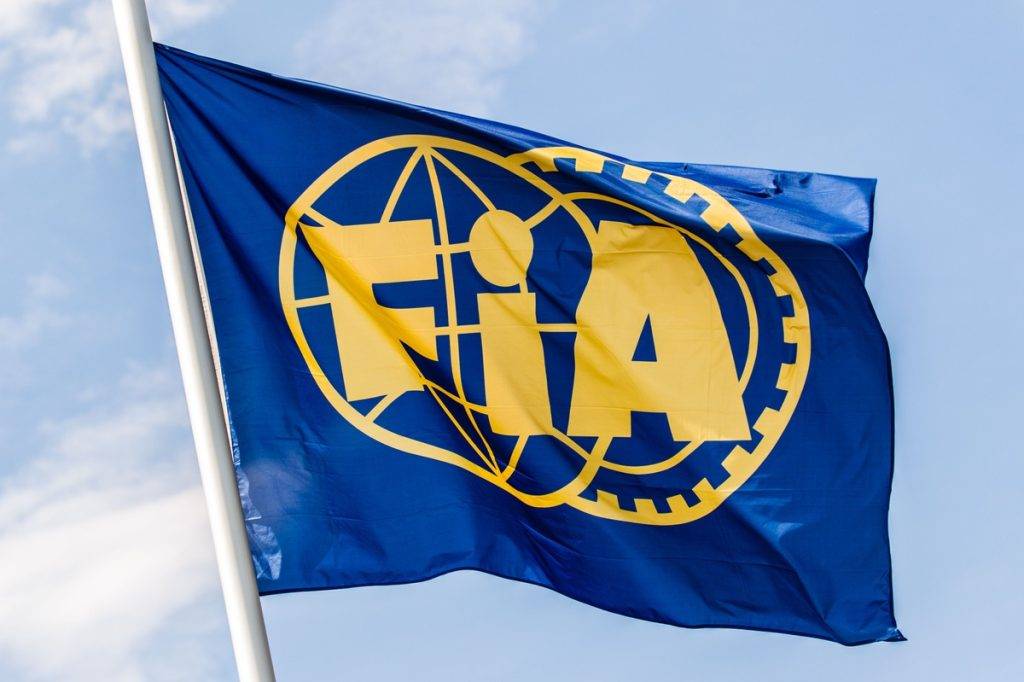FIA Faces Criticism Amid Leadership Turmoil Ahead of Bahrain Grand Prix
As concerns grow surrounding its governance, the FIA has come under fresh scrutiny following the resignation of its deputy president for sport, Robert Reid, just days before the Formula 1 Bahrain Grand Prix. Natalie Robyn, the former CEO of the FIA, has added her voice to the ongoing discord, highlighting "serious ongoing structural challenges" within the organisation.
Ongoing Leadership Issues
Robyn, who was the first woman to lead the FIA before stepping down in May 2024 amid significant internal strife, has publicly stated that the issues within the federation are not new. Her comments come after Reid’s abrupt resignation, which she insists reflects deeper problems with the FIA’s governance.
The Fallout from Reid’s Resignation
Reid’s exit comes in the wake of his refusal to comply with a non-disclosure agreement mandated by FIA President Mohammed Ben Sulayem. The controversy reached a peak when Reid and Motorsport UK Chairman David Richards were barred from the FIA World Motor Sport Council meeting. This escalating conflict has raised questions about decision-making transparency within the FIA.
Robyn’s statement underscores the urgency of the situation: "When professional processes are not adhered to and stakeholders are excluded from decision-making, it undermines the foundation of a strong organisation." Her words suggest that the FIA’s credibility is at stake, casting a shadow over its future effectiveness as a governing body for motorsport.
Criticism from FIA’s Former Leadership
Richards has also been vocal, expressing his discontent with how the FIA is being run. He accused Ben Sulayem of concentrating power and disregarding genuine concerns voiced by other stakeholders. Robyn’s earlier resignation had already raised alarms about internal governance issues. It remains to be seen how the FIA intends to address these fractures and restore confidence among its leaders and the wider motorsport community.
Implications for Motorsport
With tensions mounting, the FIA’s leadership crisis raises significant questions ahead of the Bahrain Grand Prix. Stakeholders and fans alike are awaiting developments that could shape the future of motorsport governance and integrity.
Robyn’s poignant remarks highlight not only the immediate concerns but also signal a need for reform at a time when transparency and collaborative decision-making are more critical than ever in maintaining the FIA’s legitimacy and authority in the world of motorsport.
As the race weekend approaches, all eyes will be on how the FIA navigates this unfolding drama that has the potential to impact the broader motorsport landscape.


